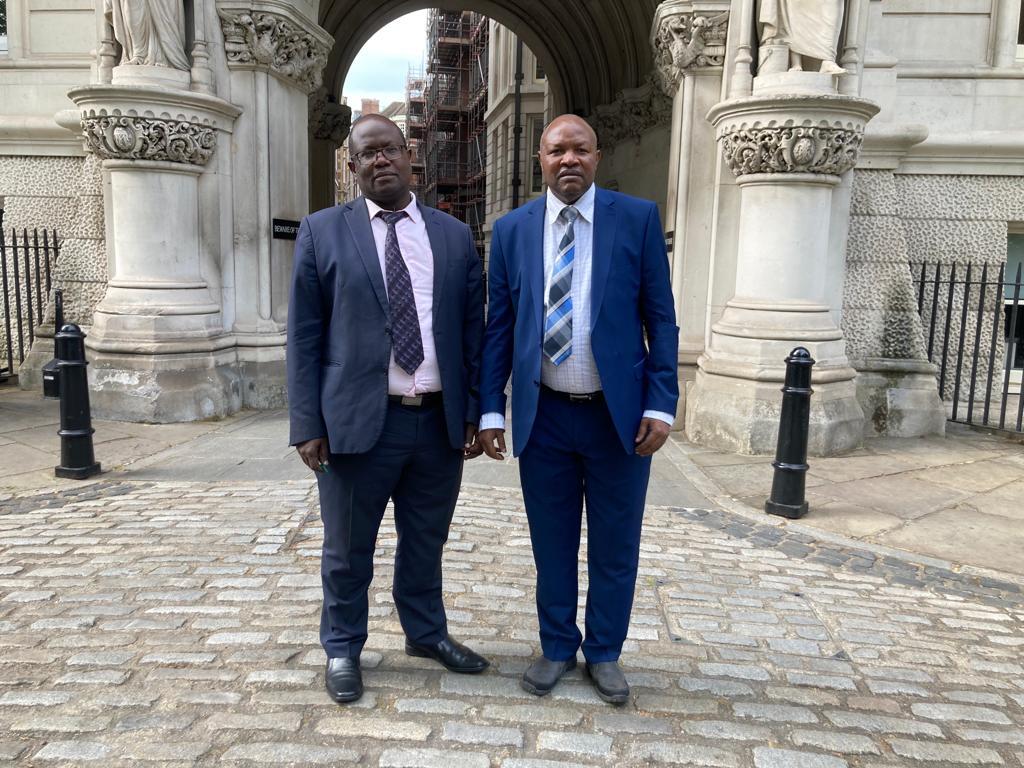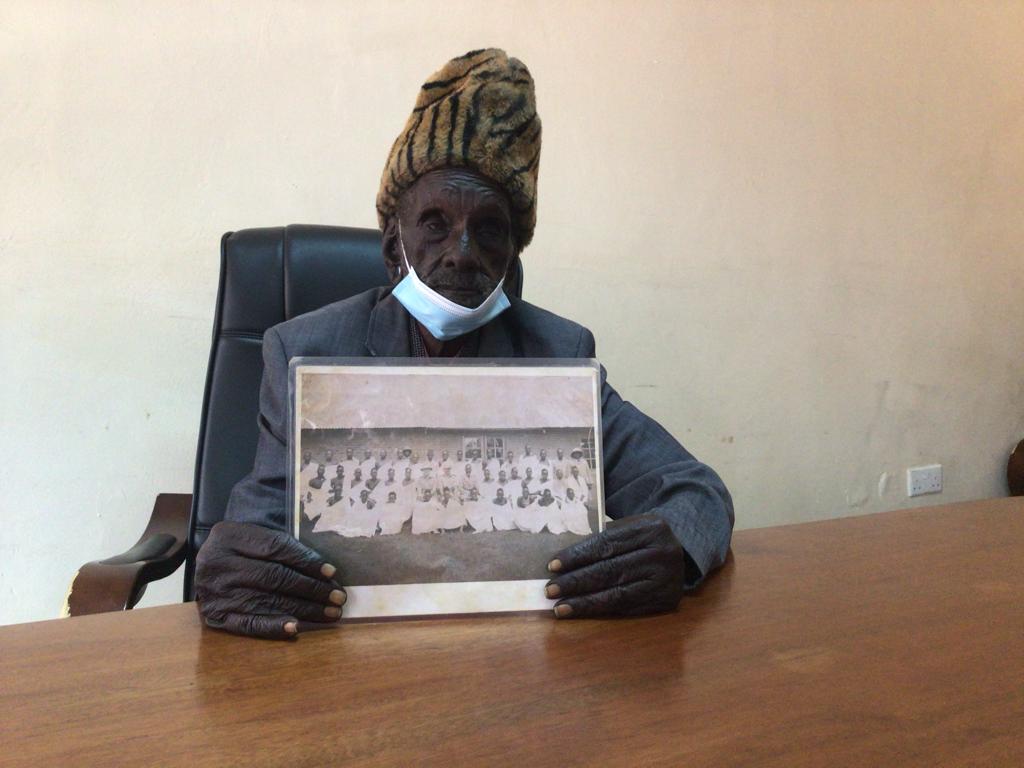Kenya tribes take UK government to European court over colonial crimes
Applications have been filed with court in Strasbourg, France, and will be examined in due course

Your support helps us to tell the story
From reproductive rights to climate change to Big Tech, The Independent is on the ground when the story is developing. Whether it's investigating the financials of Elon Musk's pro-Trump PAC or producing our latest documentary, 'The A Word', which shines a light on the American women fighting for reproductive rights, we know how important it is to parse out the facts from the messaging.
At such a critical moment in US history, we need reporters on the ground. Your donation allows us to keep sending journalists to speak to both sides of the story.
The Independent is trusted by Americans across the entire political spectrum. And unlike many other quality news outlets, we choose not to lock Americans out of our reporting and analysis with paywalls. We believe quality journalism should be available to everyone, paid for by those who can afford it.
Your support makes all the difference.The UK government has been taken to the European Court of Human Rights by Kenya over historical land theft, rape, torture and displacement perpetrated by British colonial forces.
The Talai and Kipsigis tribes are seeking £168 billion in compensation and an apology for crimes committed in Kericho in western Kenya - one of the world’s leading tea-producing regions.
Over 100,000 people within these groups were ruthlessly evicted by the British army between 1895 and 1963 to make way for profitable tea plantations owned by settlers that left many unable to return to their homes and ancestral land.
This “cruel and unjust” treatment violated the international obligations of the UK, the groups argue.
Applications have been filed with the court in Strasbourg, France, on the victims’ behalf by Rodney Dixon QC, the groups’ lawyer Joel Kimutai Bosek and their legal team. The appeal will be examined by the court in due course.
This legal claim comes weeks after Kenya petitioned the royal family for reparations over the atrocities after the British government refused to meet with victims.
The governor of Kericho County, Professor Paul Kiprono Chepkwony, has supported the move and said: “This is a historic day. The Kericho County Government has striven for years to obtain an apology, justice, and redress for what has happened to our people.
“We have taken all reasonable and dignified steps. But the UK government has given us the cold shoulder.
“Our people have no choice except to take them to court to fulfil their international obligations, and we hope for those who have suffered for too long that their dignity will be restored.”

Prof Chepkwony, whose term of office comes to an end this week, added: “We must keep this case going until there is acknowledgement and compensation for all colonial wrongs.”
The victims have also been supported in making submissions to the United Nations, where special rapporteurs have called on the UK to investigate the human rights violations and provide remedies including an apology and reparations. But the call has been ignored.
Joel Kimutai Bosek said: “We have turned to the eminent European Court of Human Rights for recognition of the injustices and for accountability.
“The UK government has ducked and dived, and sadly avoided every possible avenue of redress. We have no choice but to proceed to court for our clients so that history can be righted.

“We still appeal to the British government to find a constructive solution that is in everyone’s best interests and which respects the rule of law.”
The stolen land, spanning approximately 200,000 acres, is occupied by well-known multinational corporations - Unilever, Williamson Tea and Finlays - which produce tea consumed by millions.
Speaking to The Independent in May, Dickson Sitienei, a victim who is in his seventies and is represented in the case, described the immense struggle that has underpinned their pursuit of justice.
“It has been very difficult to feel ignored for so long by the British government for the terrible things they did to us,” he said.
“We have been fighting for our voices to be heard for many years and if they think we will forget what they did, they are wrong.
“We will keep fighting for them to speak with us and we thank our lawyers for continuing this fight. We cannot feel truly free until they acknowledge what they did; this is the only way forward.”
When approached about this case, a spokesperson from the Foreign, Commonwealth and Development office said:“It would be inappropriate to comment on legal proceedings.”
This article was amended on 30 August 2022. The headline originally referred to the European Court of Human Rights as an ‘EU court’, but it is not, it is a court of the Council of Europe.


Join our commenting forum
Join thought-provoking conversations, follow other Independent readers and see their replies
Comments